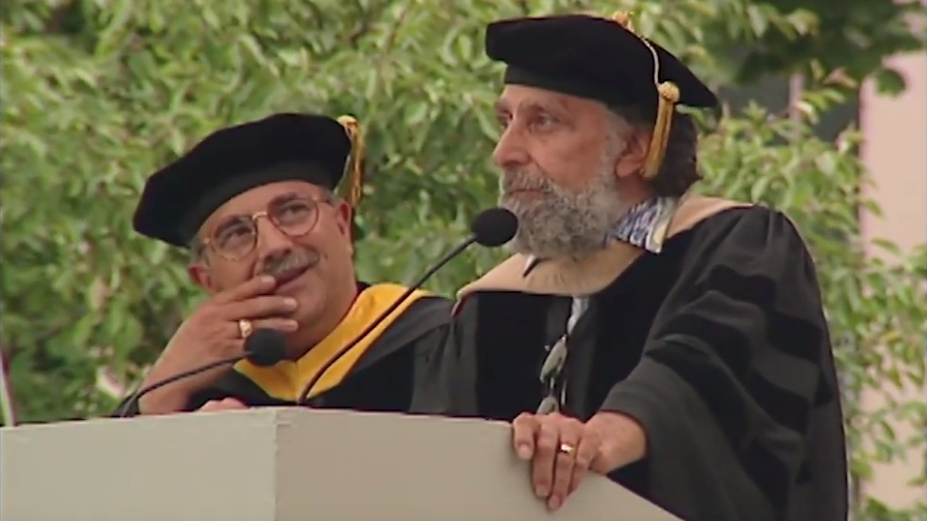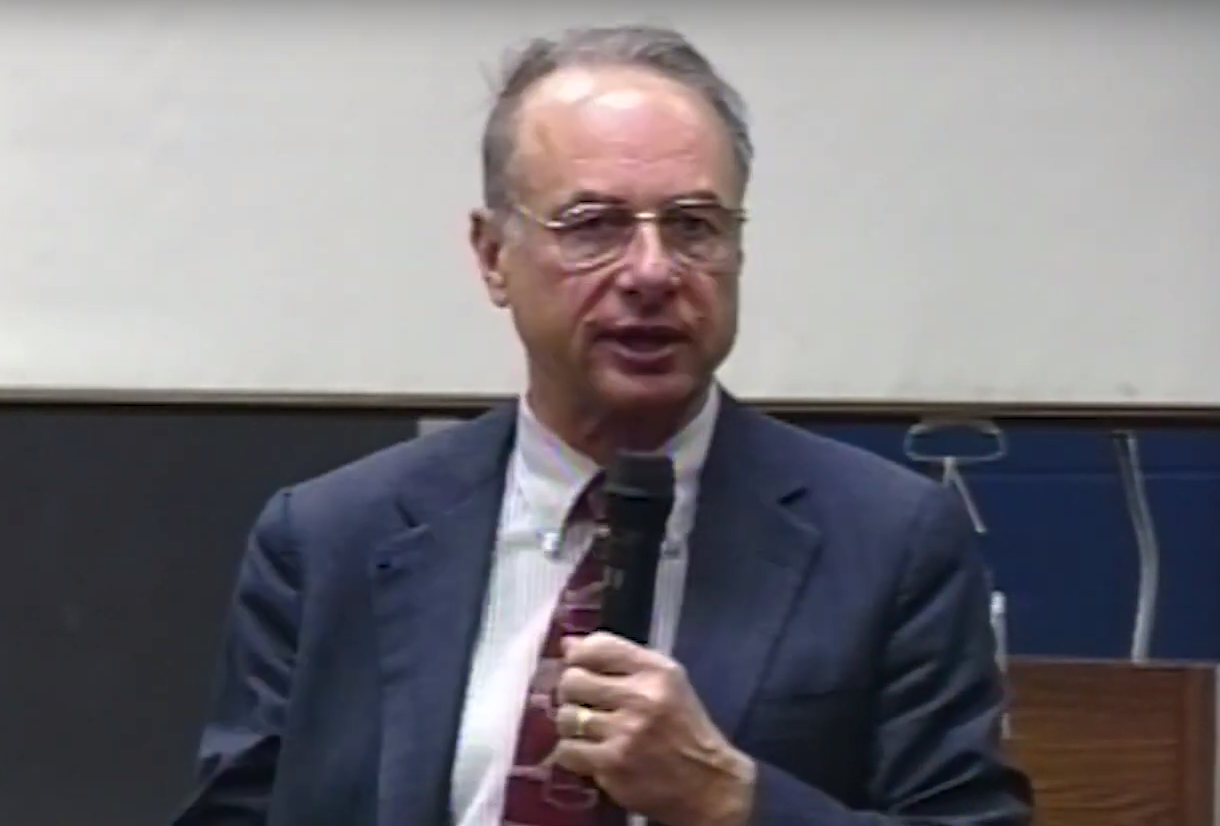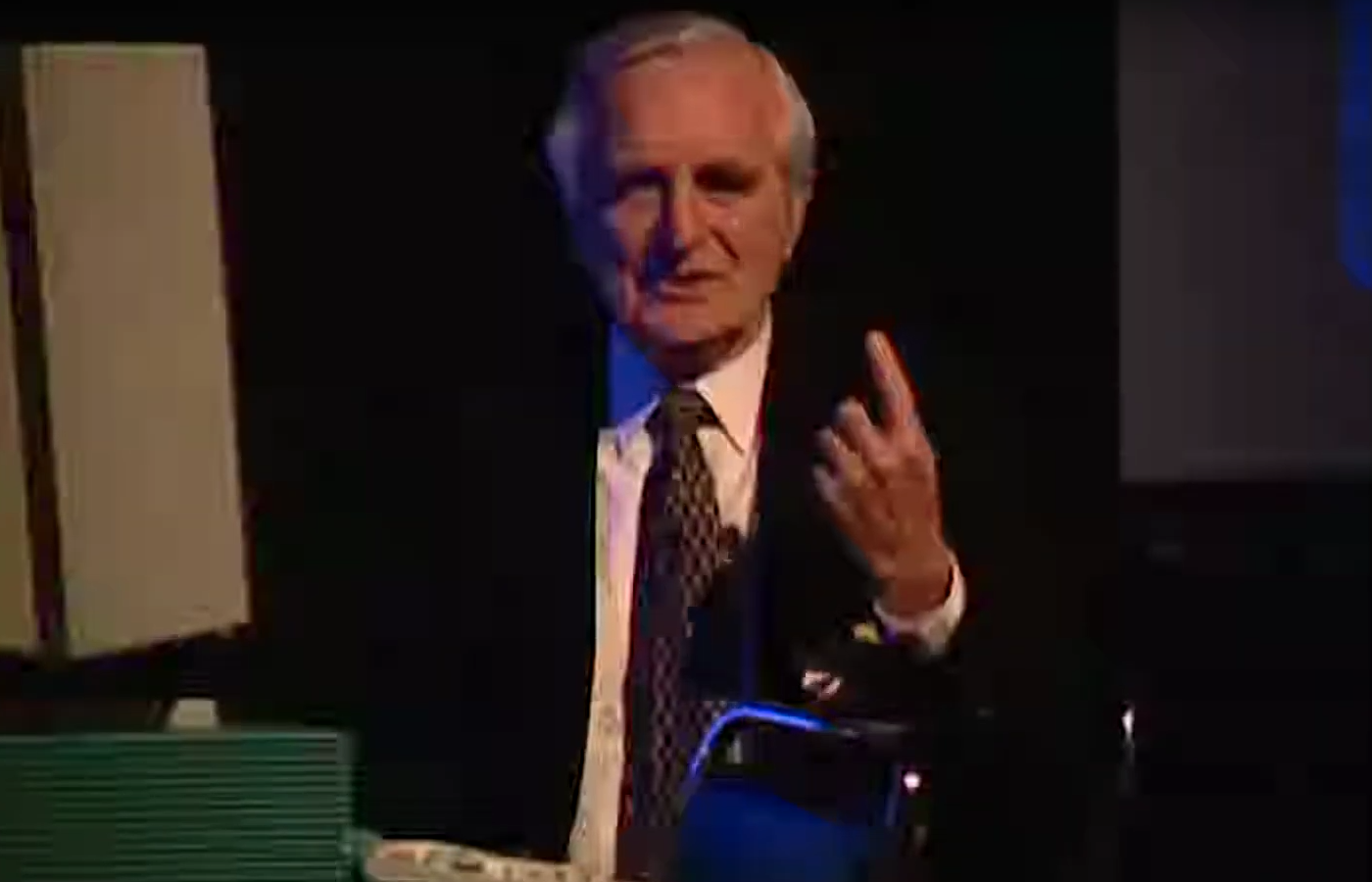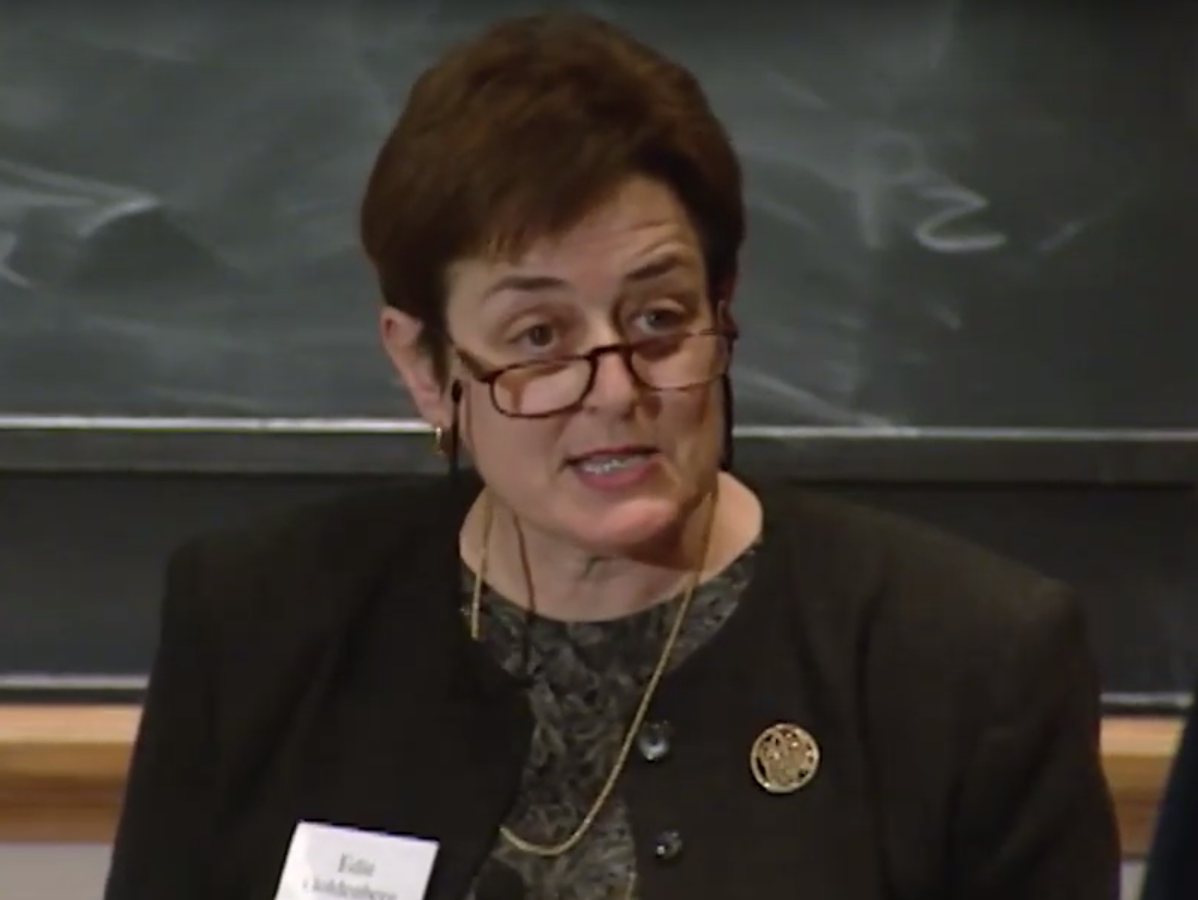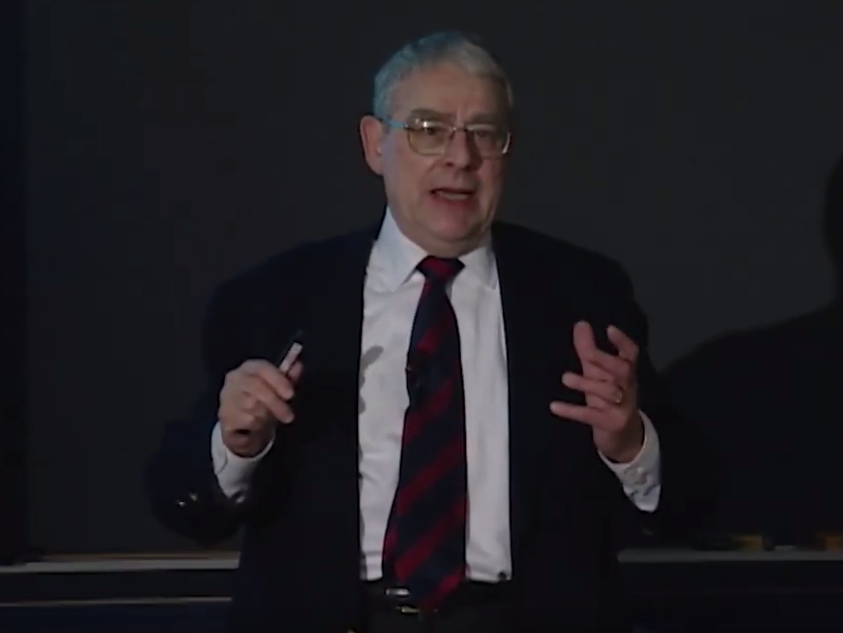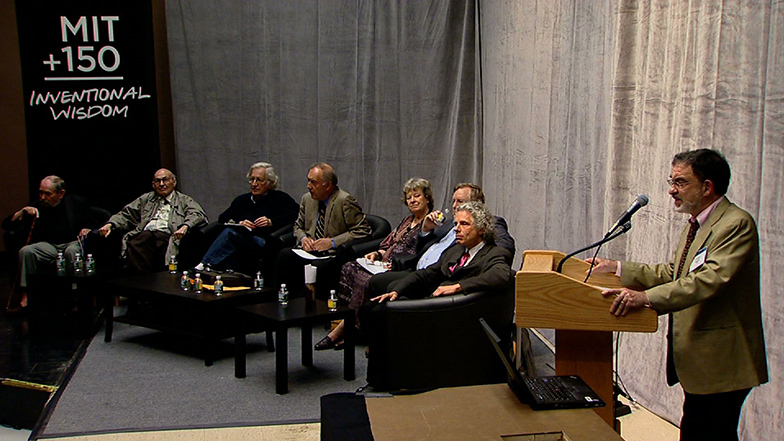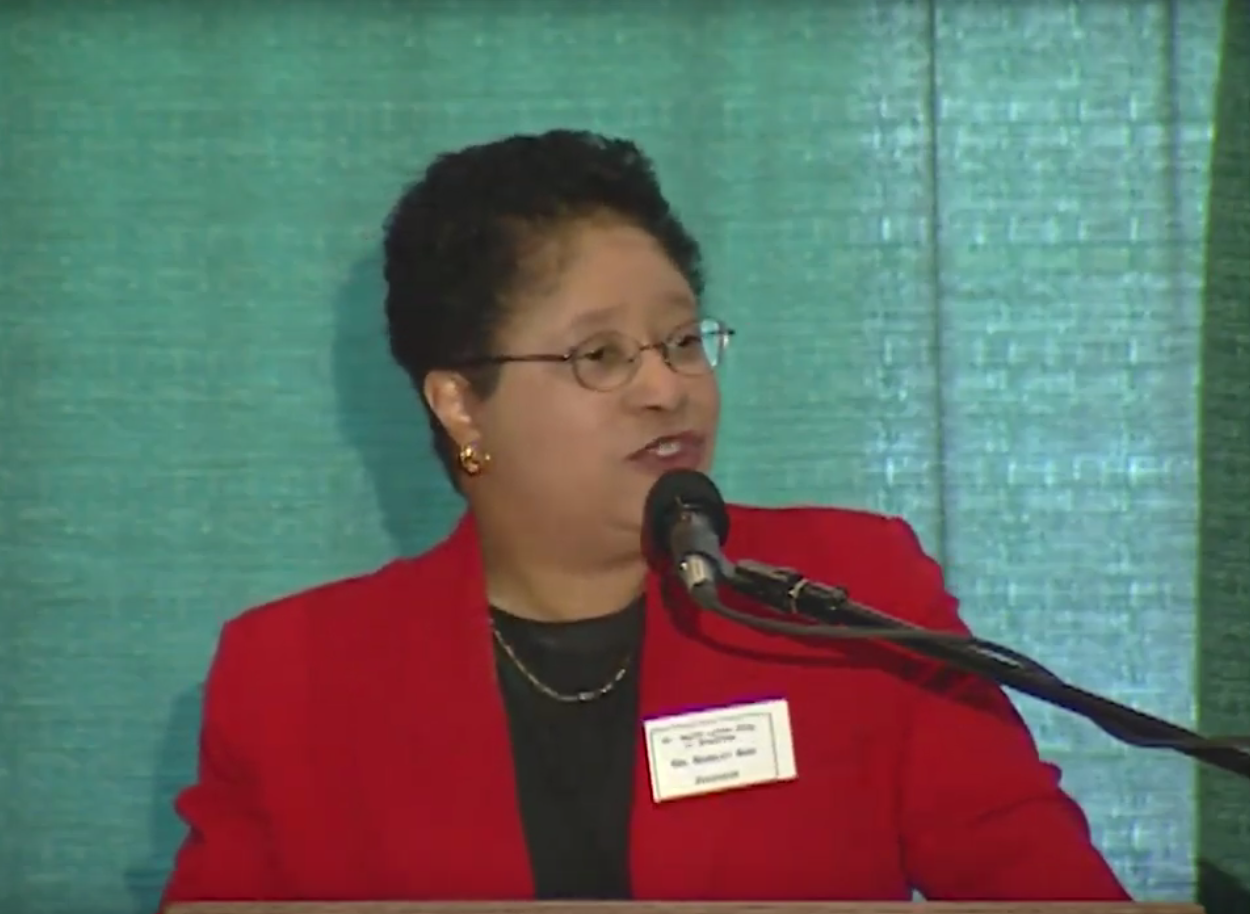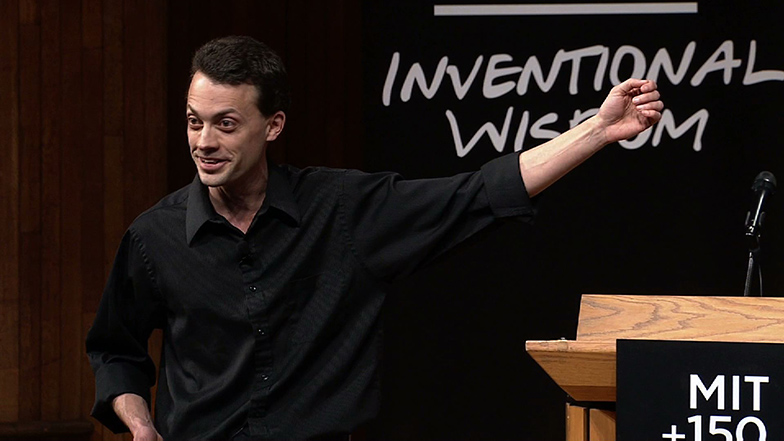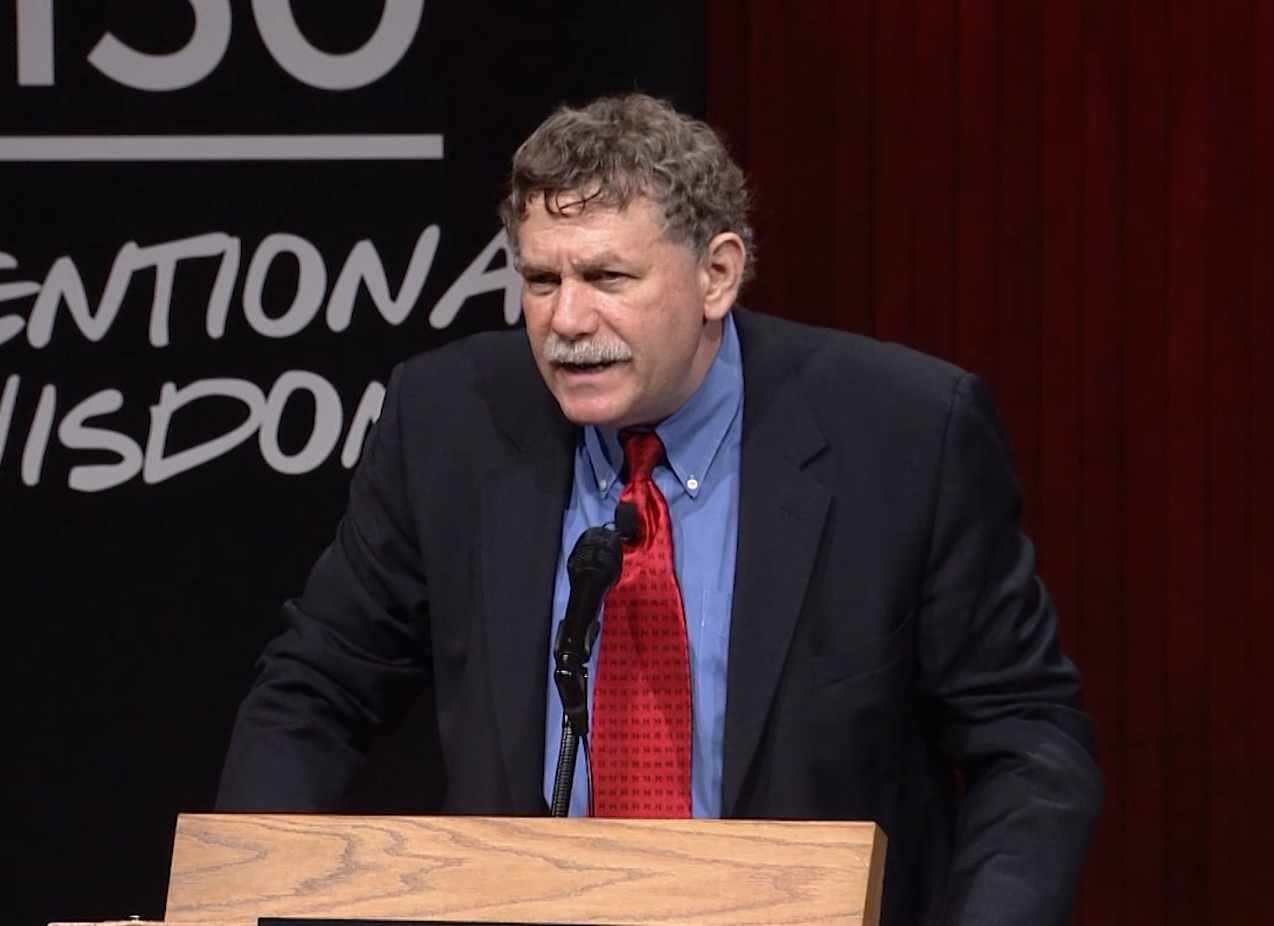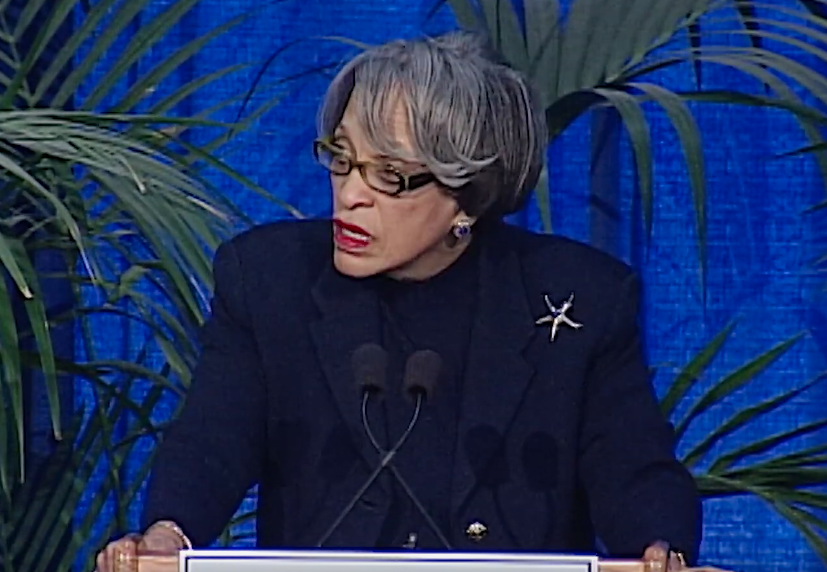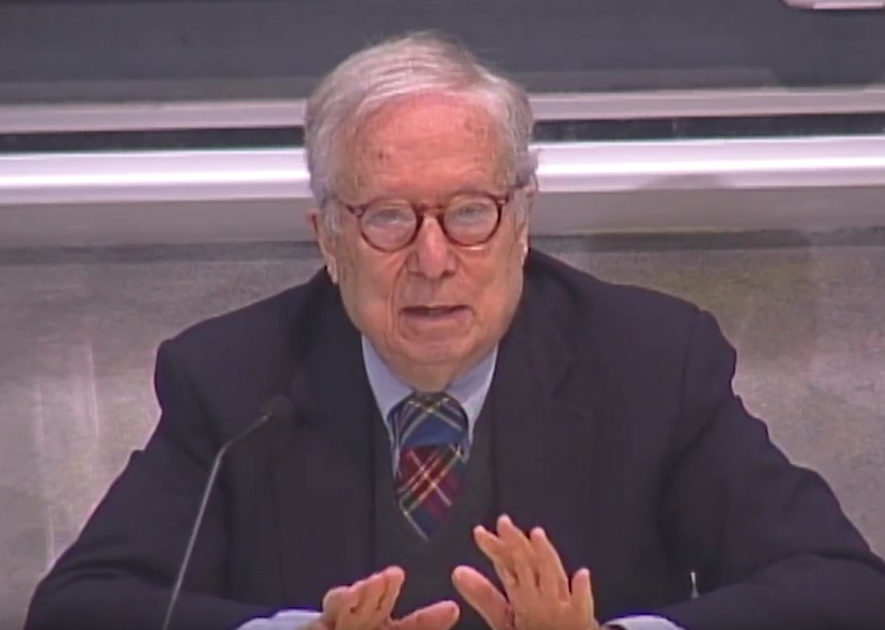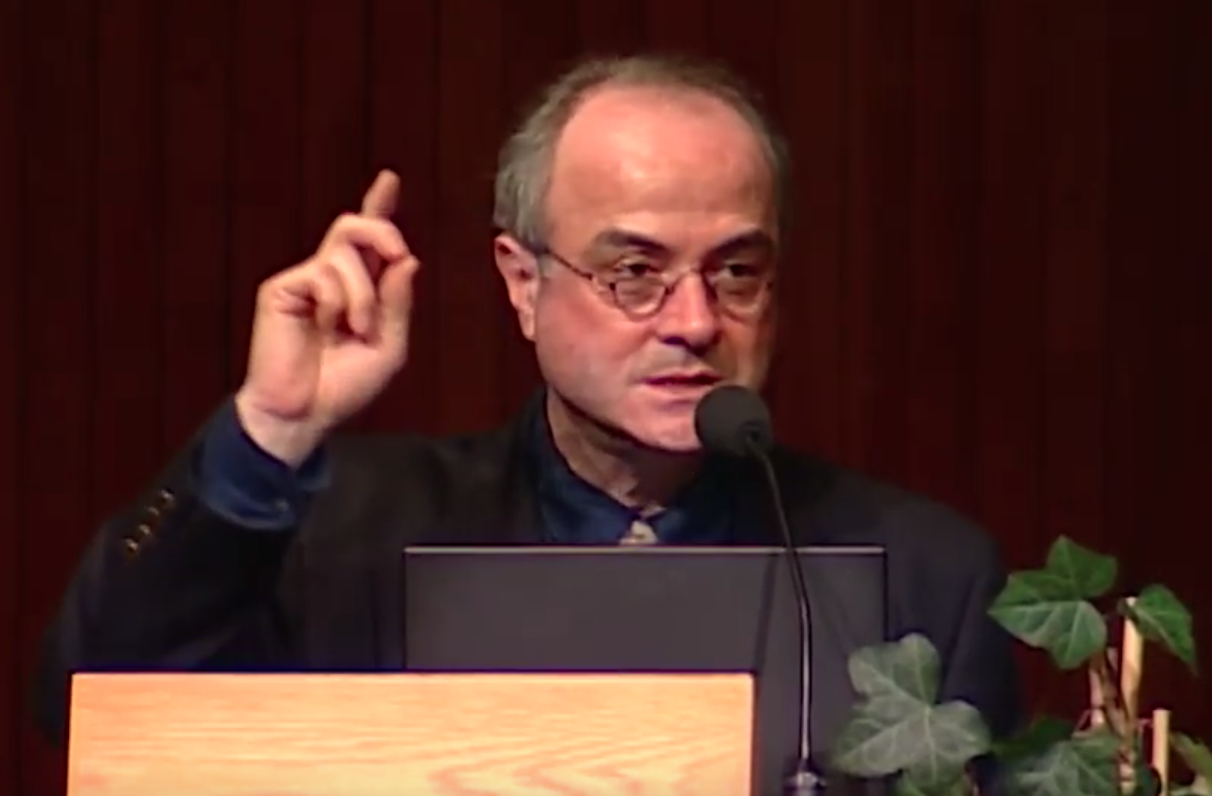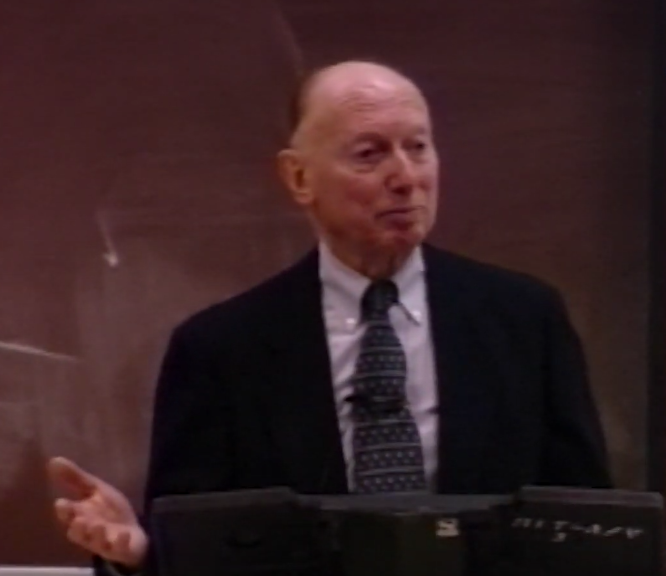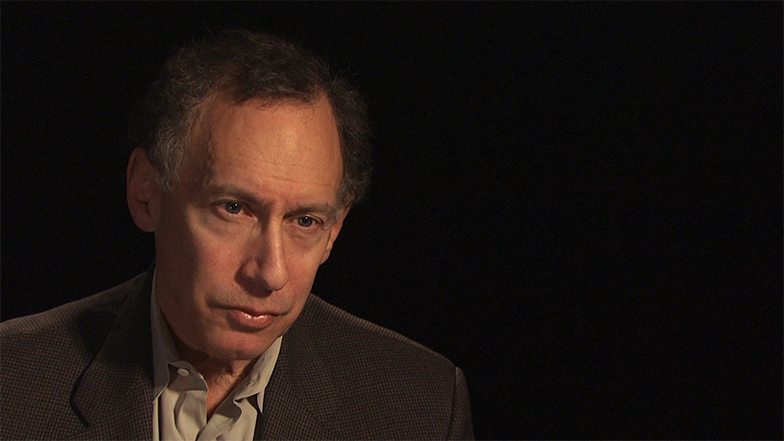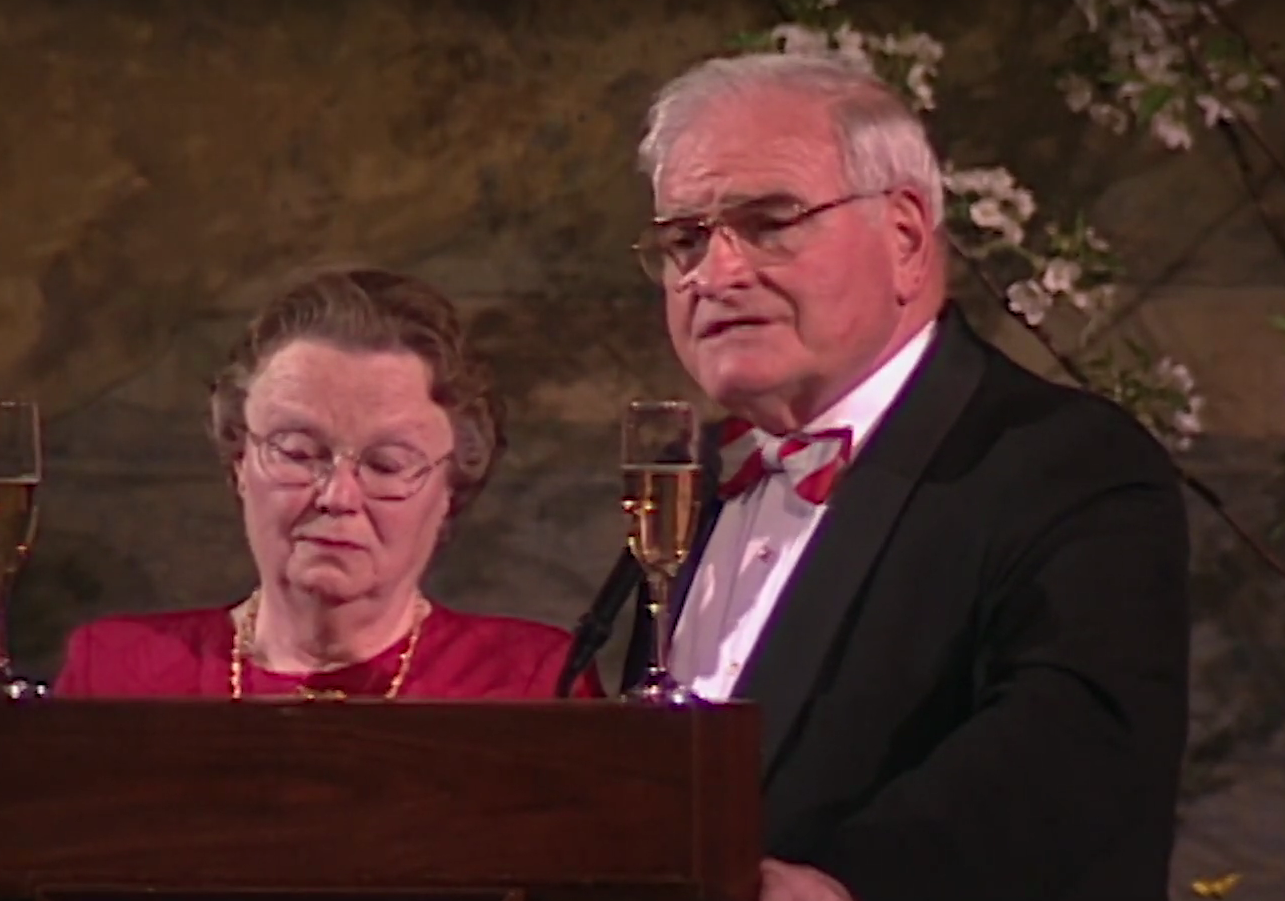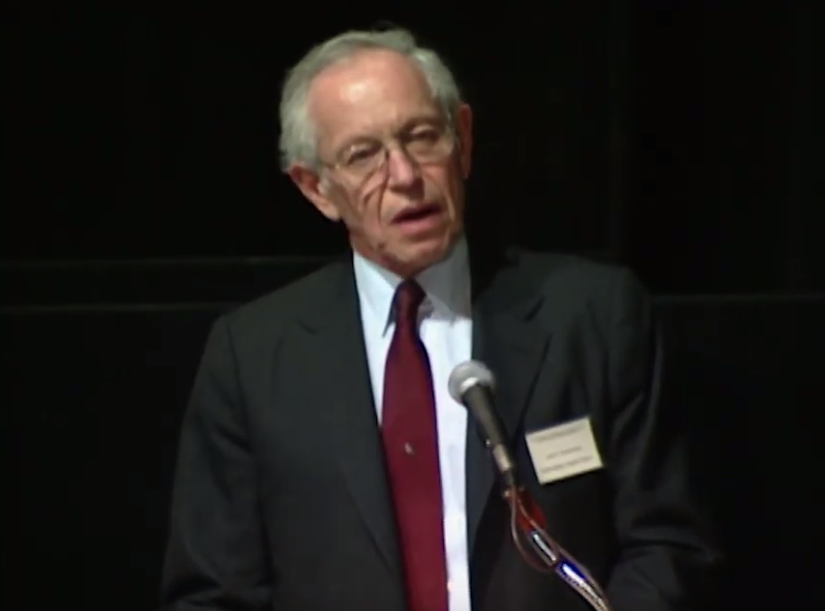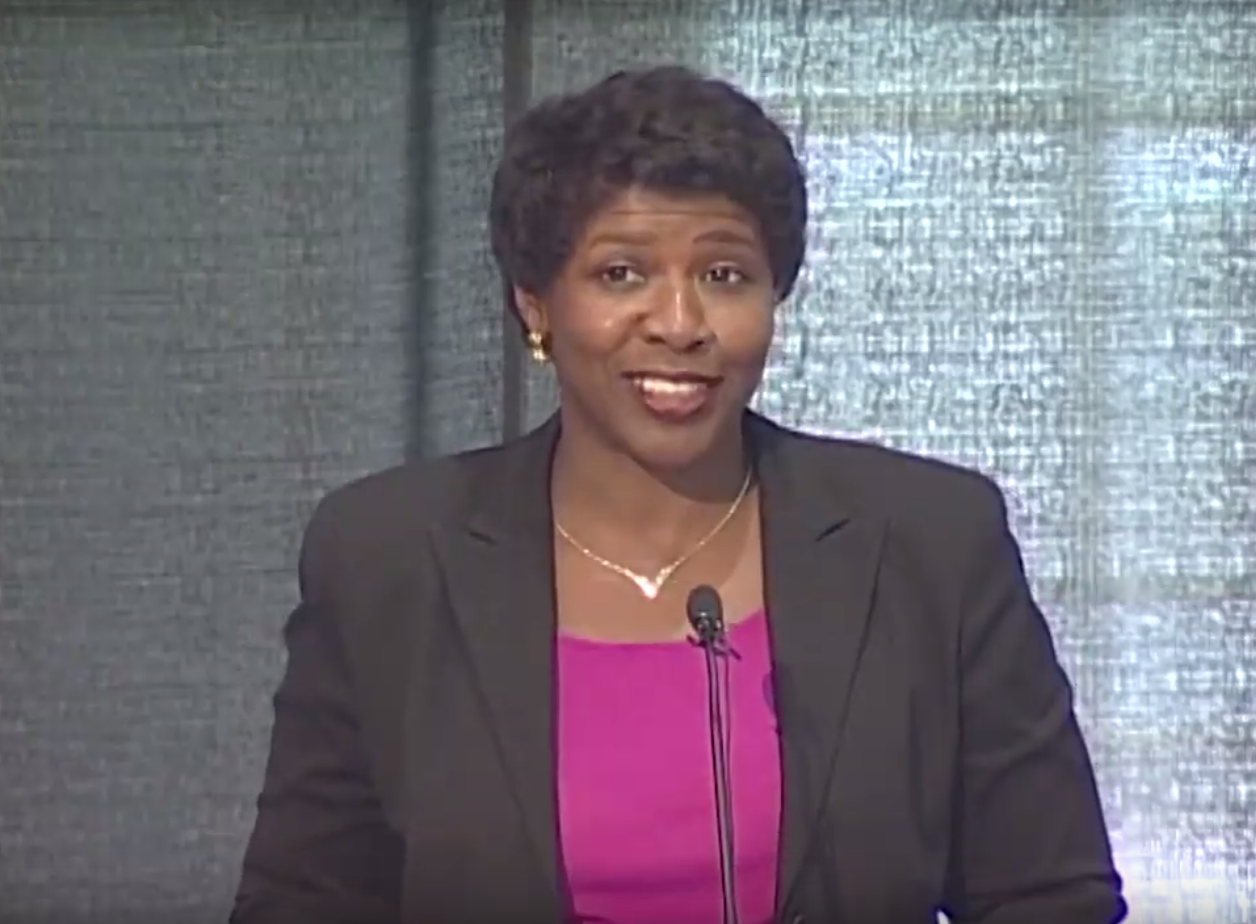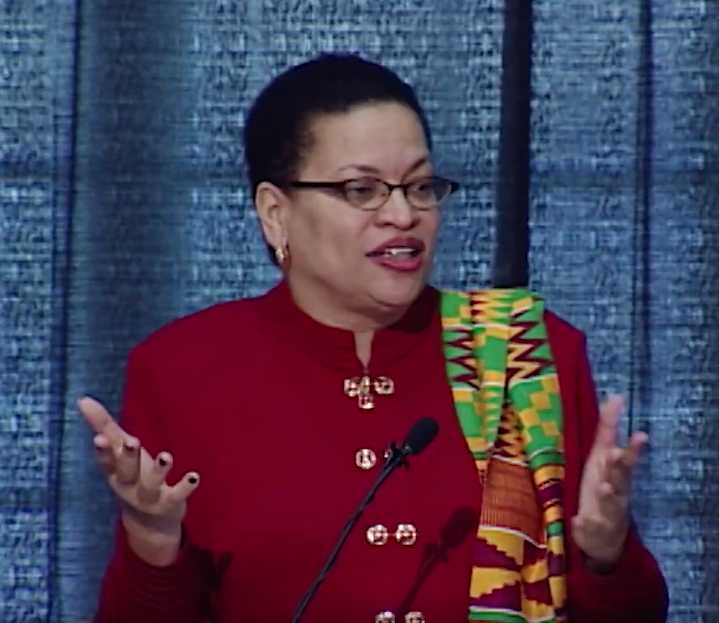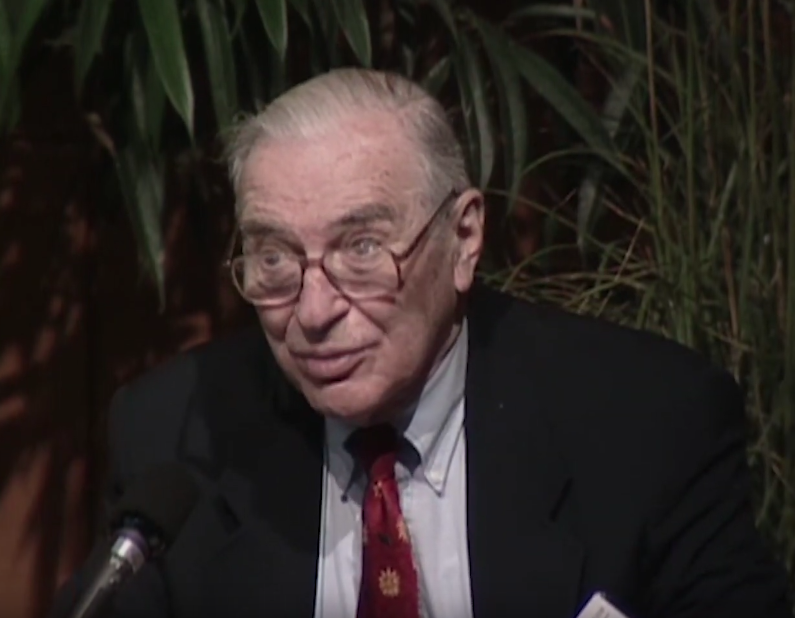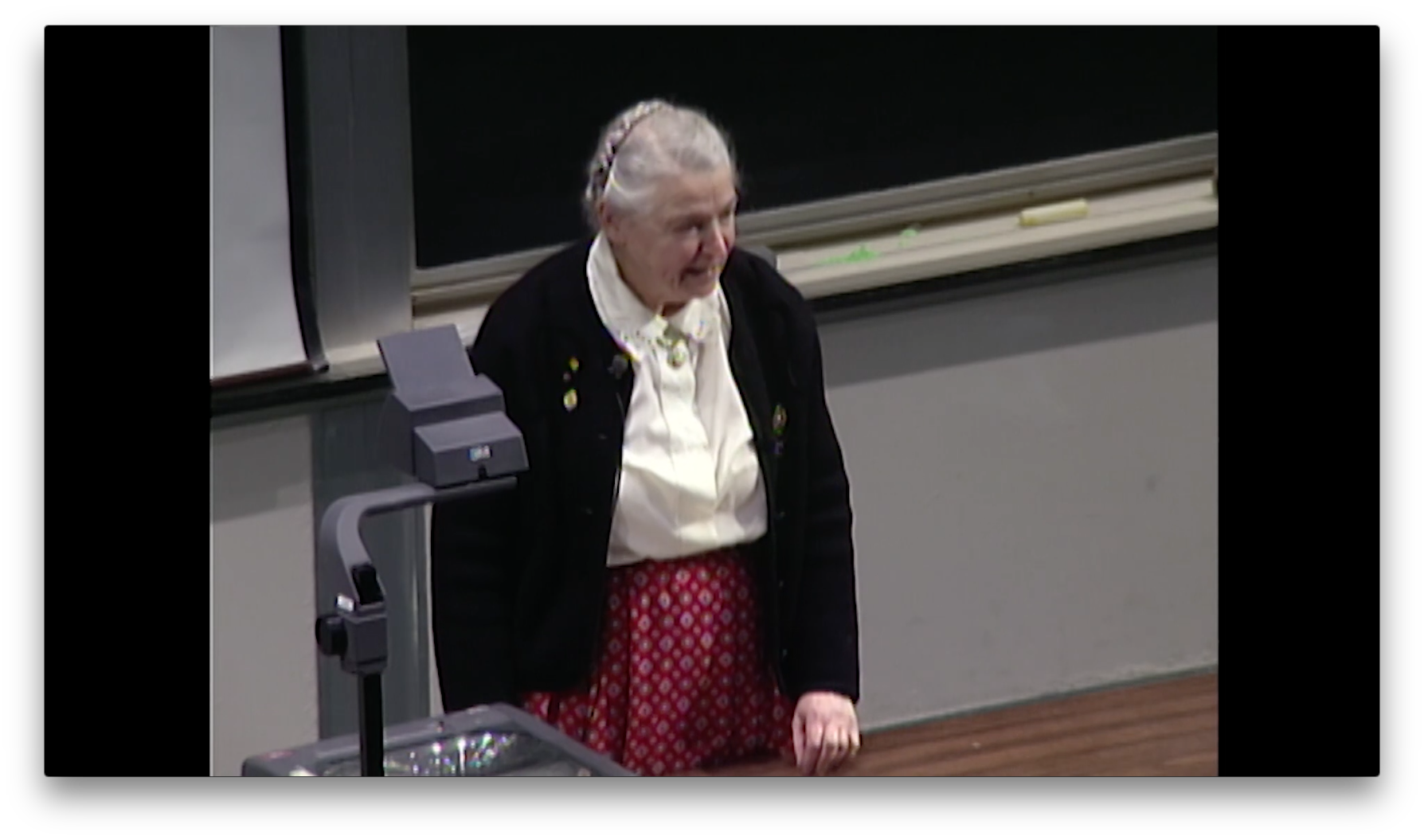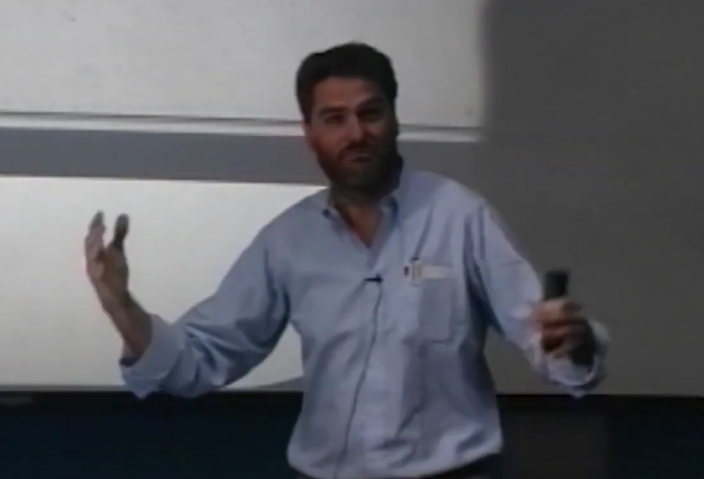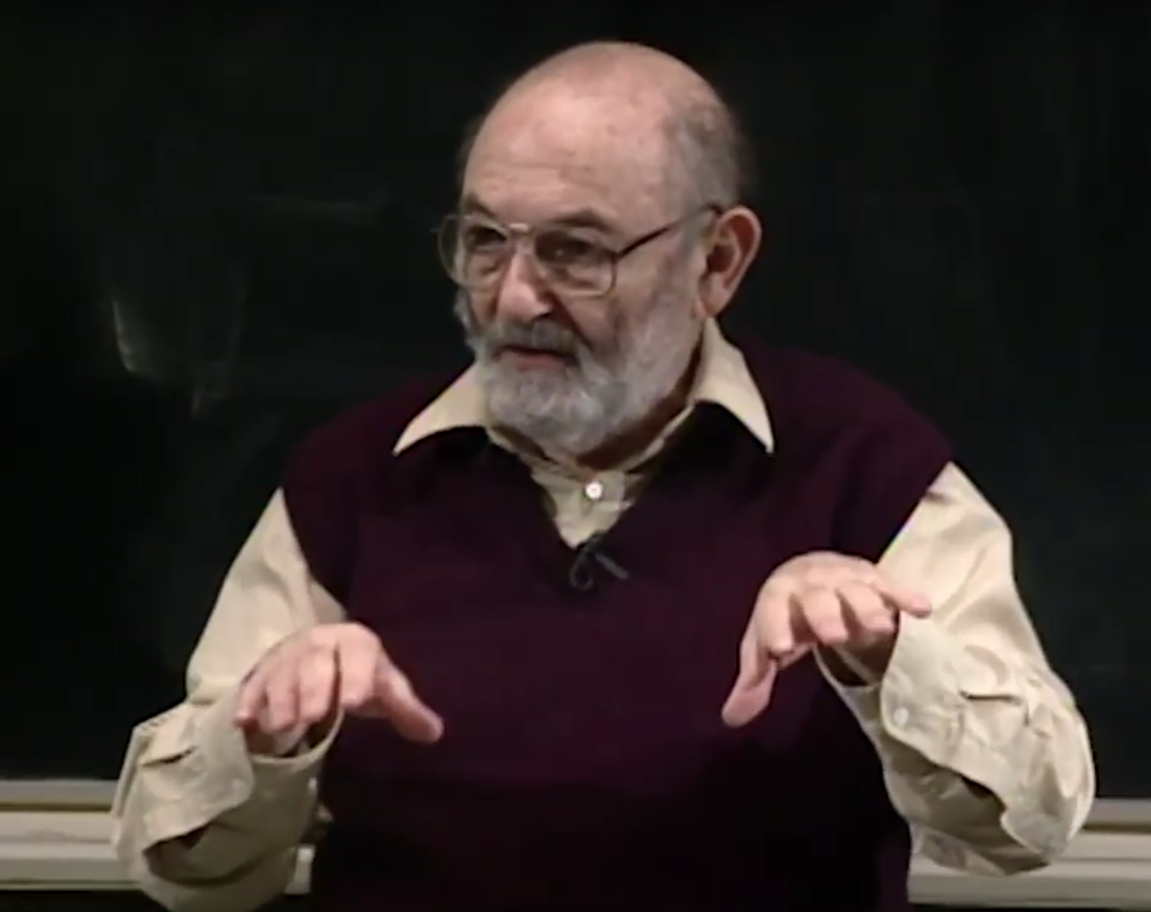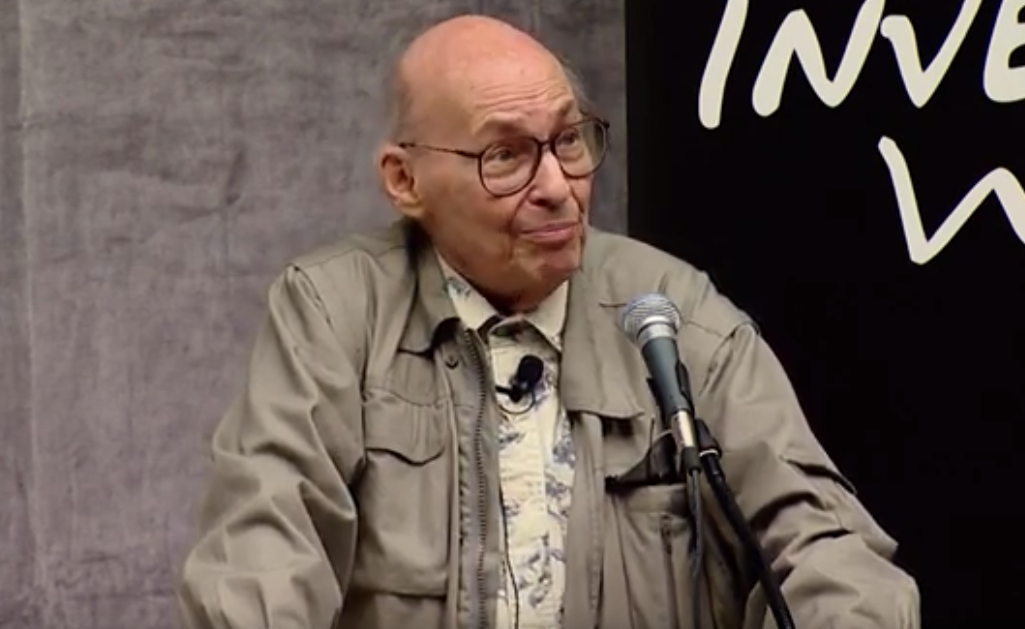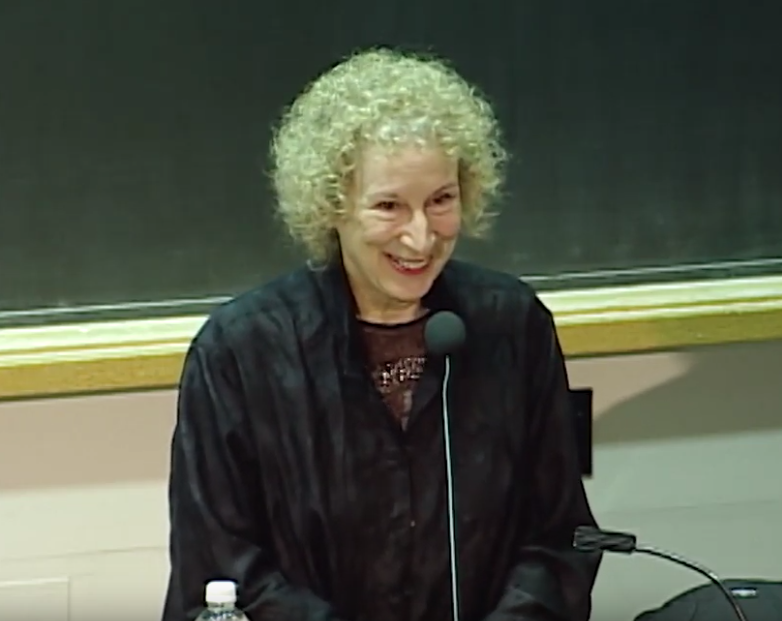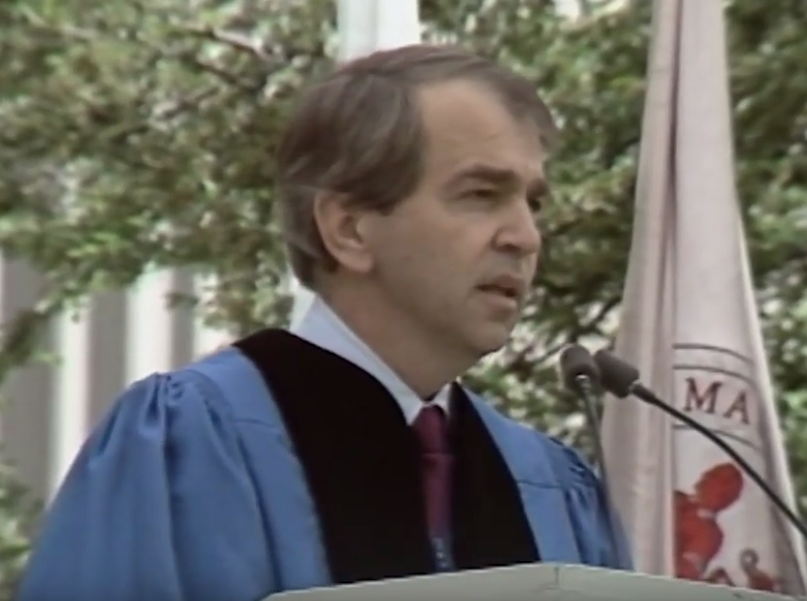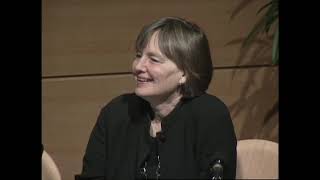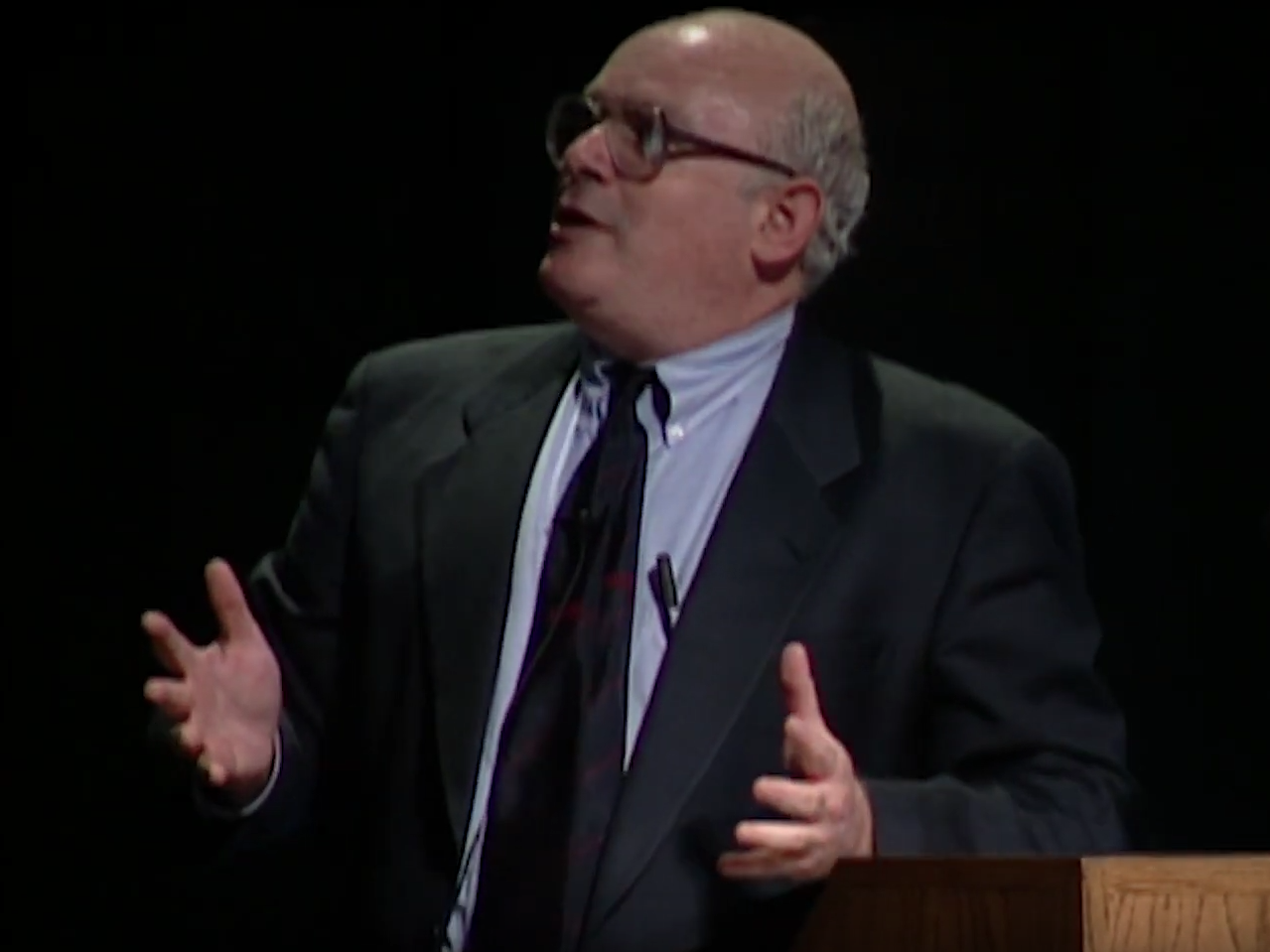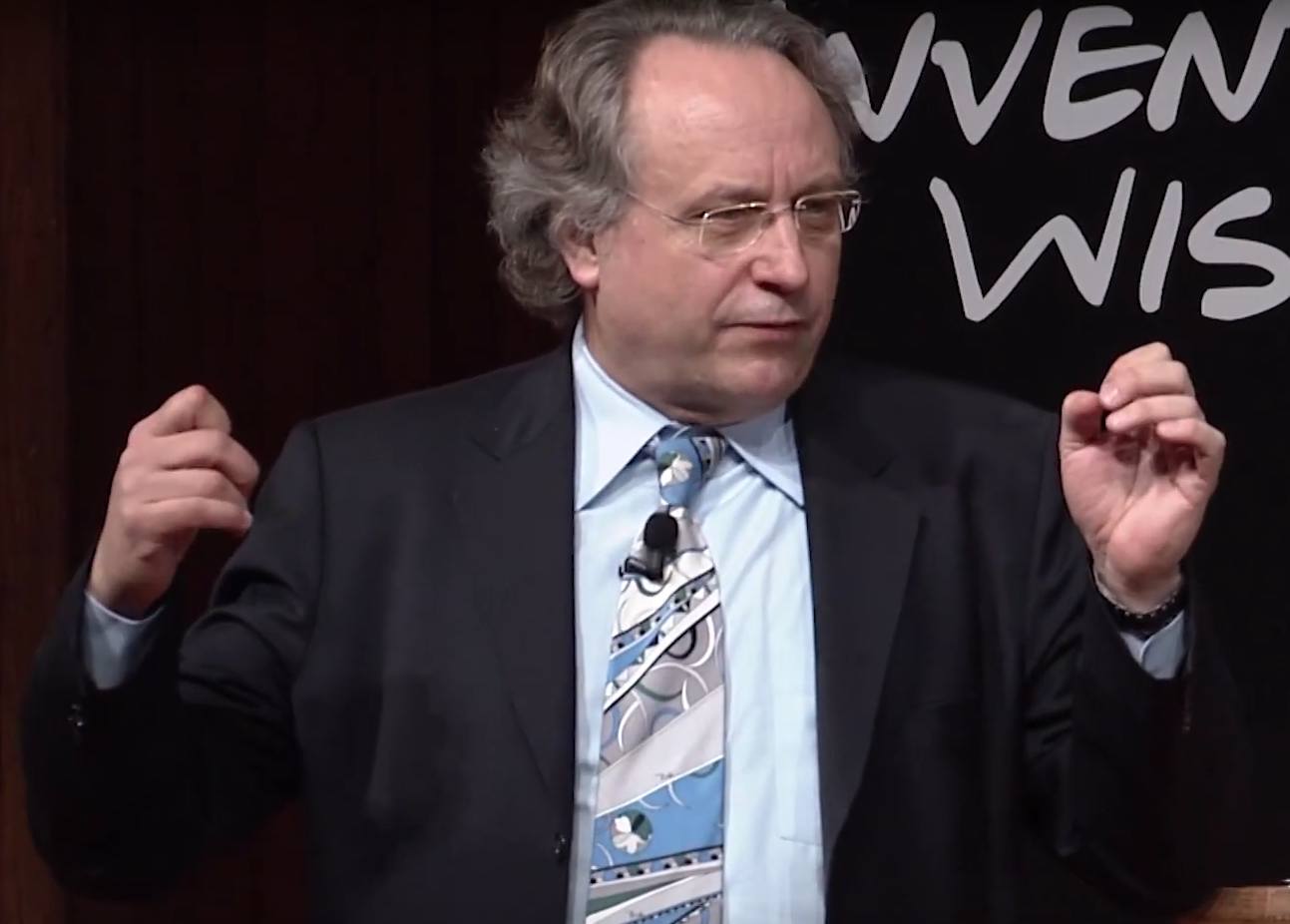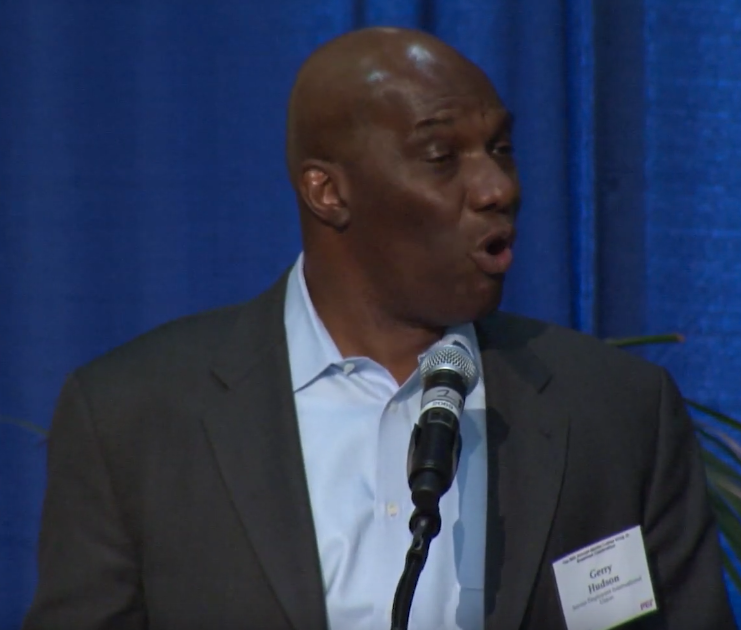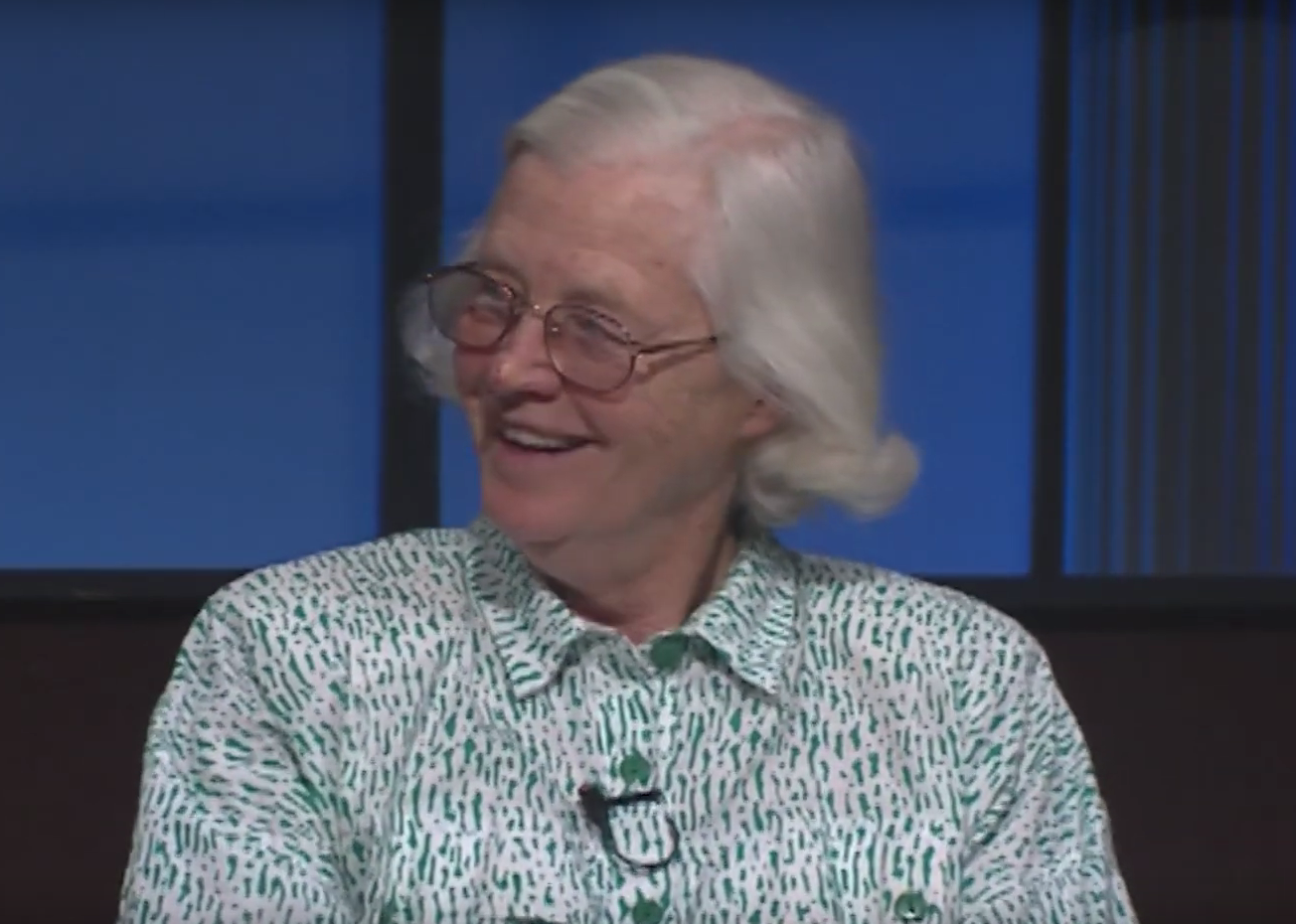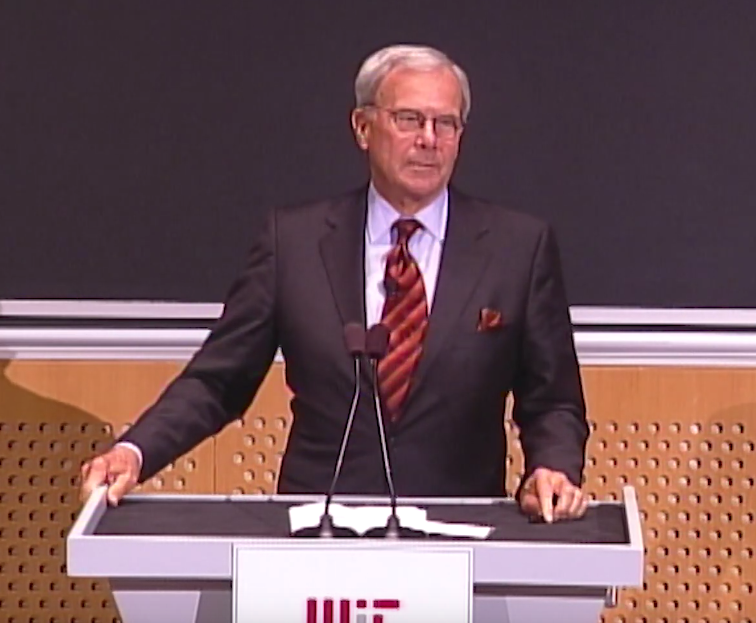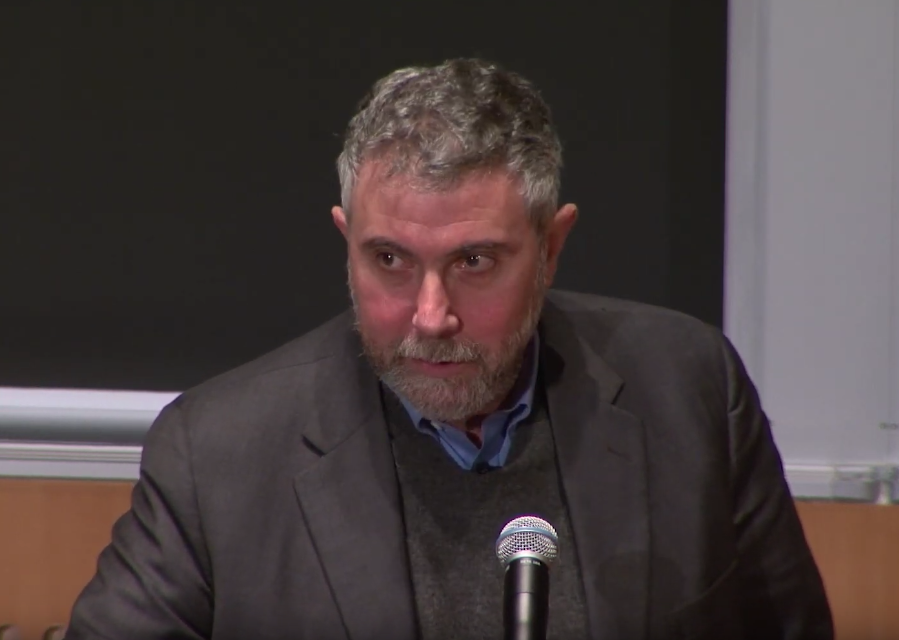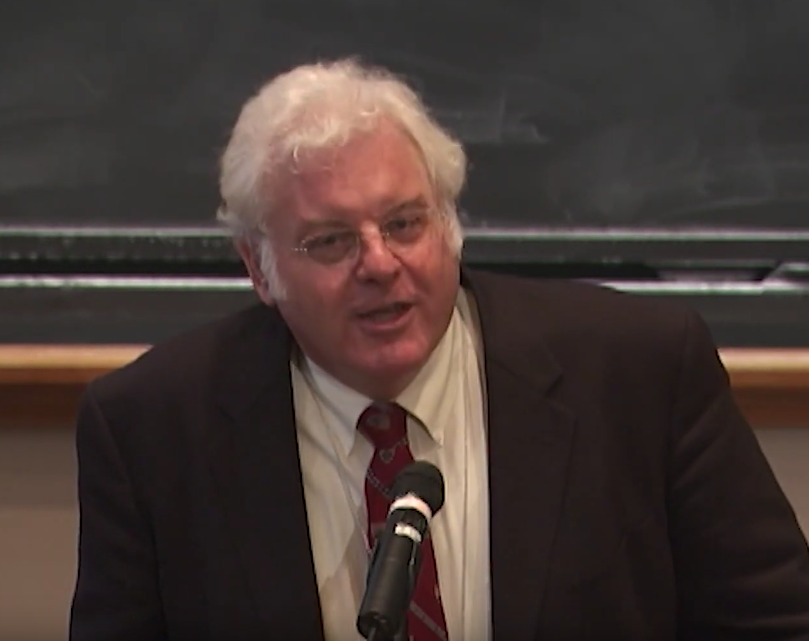Hanna H. Gray - 1995 MIT Commencement Address
[MUSIC PLAYING]
PRESENTER: It is my pleasure now to welcome Hanna H. Gray, the Harry Pratt Judson Distinguished Service Professor of History and President Emeritus of the University of Chicago. Professor Gray will now give the address.
[APPLAUSE]
GRAY: Good morning. There is a famous story, famous at least in the Connecticut River Valley, about a crusty, patriotic old Vermonter who lived on an island in the Connecticut River. The border between New Hampshire and Vermont runs along there, and one year a team was sent out to survey it.
They discovered, quite unexpectedly, that the old man actually lived on the New Hampshire side of the line, and they set out with considerable trepidation to give him this news. To their astonishment, he replied, well, thank the good Lord. I was beginning to think I'd never be able to tolerate another of those god damned Vermont winters.
[LAUGHTER]
Graduates of 1995, yours is the exact analog to the old man's situation. The boundary that separates you from another Boston winter has been drawn. You have been surveyed, and found to be bachelors of science, masters of science, PhDs, all those good things, and therefore citizens of some world, some state popularly known as the real world.
Yet tomorrow, I suspect that your spiritual terrain will be roughly the same, and so will you, quite dramatically unchanged, if perhaps gratified to have survived into your new citizenship. But in the meantime, unkind fates have decreed that your passage must be marked by the right of the commencement speech. Let me therefore begin by congratulating all of you on whom degrees are being conferred today, and let me remind you that my own presence here is meant to keep this from happening too quickly.
[LAUGHTER]
For that, in the etiquette of these occasions, would be considered unseemly. You are meant to be restrained from stampeding this platform in search of your diplomas, and from then rushing out into the great world by the double defense of your natural good manners and my unnatural verbosity. And this, I can reveal to you now, is really the point of the commencement speech. Its function is to prolong the ceremony.
[LAUGHTER]
And to do so in order to make it appear that something has really happened here today as you move on from the Institute. You will move on, and at the same time you will always retain your citizenship in this university. I hope that you will always think of it not as an escape from the world out there, but as a real world, too. Without it, the larger world and its possibilities would be impoverished, the quality of its life, its civilizing values, and social purposes impaired.
The mission of this Institute has to do with learning along a broad spectrum of undergraduate, graduate, and professional study. It has to do with learning a scholarship, with learning as the discovery of knowledge. It is concerned with learning as the enjoyment of knowledge, of creativity in their products. It is directed to learning as the initiation into a lifetime of taking learning seriously, of taking seriously the process of trying to come to some understanding and wisdom, of committing to the obligation of thought, of critical judgment, of the willingness to confront complexity, to examine assumptions, to see things in their relationships and contexts, and to engage with and benefit from the thinking of others.
These qualities are pertinent to every activity of life, every vocation, every decision, every exercise of citizenship and of responsible choice. The university exists for learning in all these senses, and it does so for the long term, not for the pursuit of immediate fad and fashion. Its existence and its sustenance represent society's continually renewed investment in its future. Just as your education will have no effective value unless you continue to make its imperatives your own, so the university cannot thrive and play its special role in serving society unless you care for it, and care for enabling its moral and intellectual purposes.
Robert Frost once said education doesn't change life much, it just lifts trouble to a higher plane of regard. And that, I suppose, is one of the gifts and one of the challenges bestowed on us as thinking beings. It would often be a lot easier not to think, as it would also be easier not to try to see things whole, or to take into account new or different or difficult or unsettling ways of reviewing what we may have taken comfortably for granted.
In attaining the status of alumni, you will, of course, be eligible to receive copious communications of great courtesy and eloquence from the Institute, rather different in tone from those stern reminders that greeted you in your mailboxes here. You will also find, unless you are very, very careful, that the university will, perhaps as early as tomorrow, begin to suffer a permanent state of decline.
It is the common experience of graduates that their institution is never quite what it was in their own day and in their memories, and that not to be the same or the place of one's memory is inevitably to be less in stature. All commentary on education, a subject on which everyone, but everyone, has very strong and very stubborn opinions, all such commentary assumes that things are generally getting worse. In fact, if you have been listening at all to current commentaries, you would have to believe that you cannot possibly have been educated at all, or educated nearly as well as people used to be educated. And you may come in turn to believe that your successors' fate is even more horrendous.
Why is this? Why do people forget the wise old saying that the schools ain't what they used to be, and never was? You will, being at least more or less educated, recognize that this is a rhetorical question. As Sam Goldwyn put it, when I want your opinion, I'll give it to you. I think the answer has a lot to do with the ways in which education and its institutions, as they are thought about, get transformed into emblems of other causes and hopes and fears. It is instructive to see how much of the rhetoric having to do with the decline of higher education derives from the language of a larger nostalgia, and from romantic visions of a golden age that never quite existed, instructive to see how much has to do with the resistance to major changes that cannot be argued away.
Universities, seen as institutions immune to change, and even caricatured for their conservatism, are at the same time regarded, especially-- not, of course, at MIT, but elsewhere, by some of their alumni, as institutions that should not change, and that ought instead to preserve their own past as they, its loyalists, wish to remember it, a timeless security against the disintegration and disappointments, the corruptions and uncertain turnings of a threatening and fragmenting world. To the degree that universities mirror the tensions and shifts within the larger society, they become objects of the disillusionments and fears which those evoke. They appear as once safe places suddenly made dangerous.
I'm not for a moment arguing that there is not much to strengthen and improve within higher education, but I am arguing that the symbolic and selective uses of memory and devotion have to be understood for what they are before we can think clearly about the state of higher education and its institutions. Let me give you just one example.
Once upon a time, people say, there was greater harmony on our campuses. Whether true or not, it is certainly true that, once upon a time, and not so long ago, there was greater homogeneity on our campuses. And surely, to have a broadened diversity now is a positive improvement, and an educational good. Our campuses, as a result, have come to reflect more fully some of the problematic tensions in our society. An academic community in which those can be identified and discussed and understood from different points of view is, in fact, a better, if not a more comfortable, place for learning than the colleges of old.
But education is not meant to be comfortable. We forget that too often. It is not meant to be comfortable, however enriching. To think about education is, in fact, to think about a great deal more. The debates over the nature and uses of education go far beyond the questions of curriculum and academic preparation. Ideals of education-- what it should be about, what it should be for, how its worth should be assessed-- are, in the end, statements about the future, and the ideals we would wish to see realized in that future, statements about human and social purpose and possibility, statements about the nature of human society, its needs and aspirations, statements about the character and direction of civilized existence.
They are reflections, too, on the present, on its deficiencies and corruptions and opportunities and reflections on the past, the lessons it provides to be perpetuated or discarded. And so to think critically about education is to think purposefully about the future and its requirements, and to be willing to accept and to help shape the complexities of change. It is to create standards by which to measure the quality of what institutions represent over time in light of the fundamental values by which we hope to be guided. It is to be reminded that those institutions and their enduring goals require continuing renewal, and that this depends on the educated commitment of all their citizens. It is to develop one's vision of hope and substantive purpose for the generations to come.
Another important diversity in higher education rests in the pluralism of our system of higher education itself. We have many different kinds of universities and colleges, many different kinds of opportunities and points of entry, many ways in which to afford choice on the basis of their special interests and talents and goals, of the particular institution in which students and faculty decide to become members. We should resist the impulse toward homogeneity toward which we are often urged or driven by the rhetoric and regulation of higher education, and so much else in our world.
The Massachusetts Institute of Technology is an institution of great distinction, one in whose uncompromising dedication to the quality of its own mission you can always take great pride, in part because it has had the courage and continuing foresight to be clear about its own best purposes, and to adhere steadfastly to a defined institutional personality that lends shape and weight to its programs of research and education.
So you will, of course, see changes over time. But if they are the changes required to sustain rather than to swerve from the Institute's essential ethos, that will be a sign of health and strength, not of decline. Of course, if you begin to see the place offering [INAUDIBLE] courses or division one football or an easy life, we will all have to think again.
And now, as you depart for the great world, I will leave you with one admonition, drawn from the philosopher Pete Seeger. Do you know, he asked, the difference between education and experience? Education is when you read the fine print. Experience is what happens when you don't.
[LAUGHTER]
I hope, for all of you, that the fine print on your diplomas will speak to a satisfying and productive experience throughout your lives, one that will carry with it good memories and continuing care for what matters about your university. Congratulations, and good luck.
[APPLAUSE]
